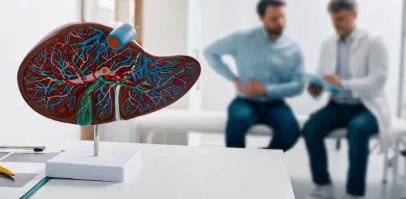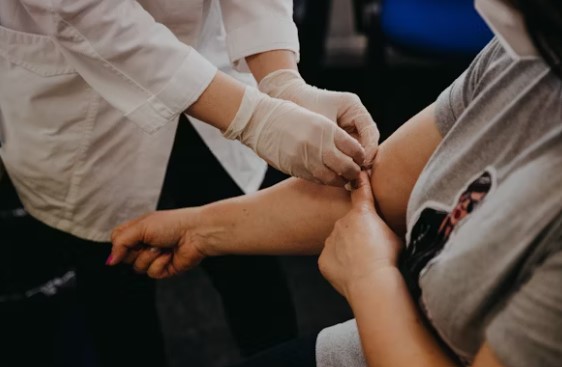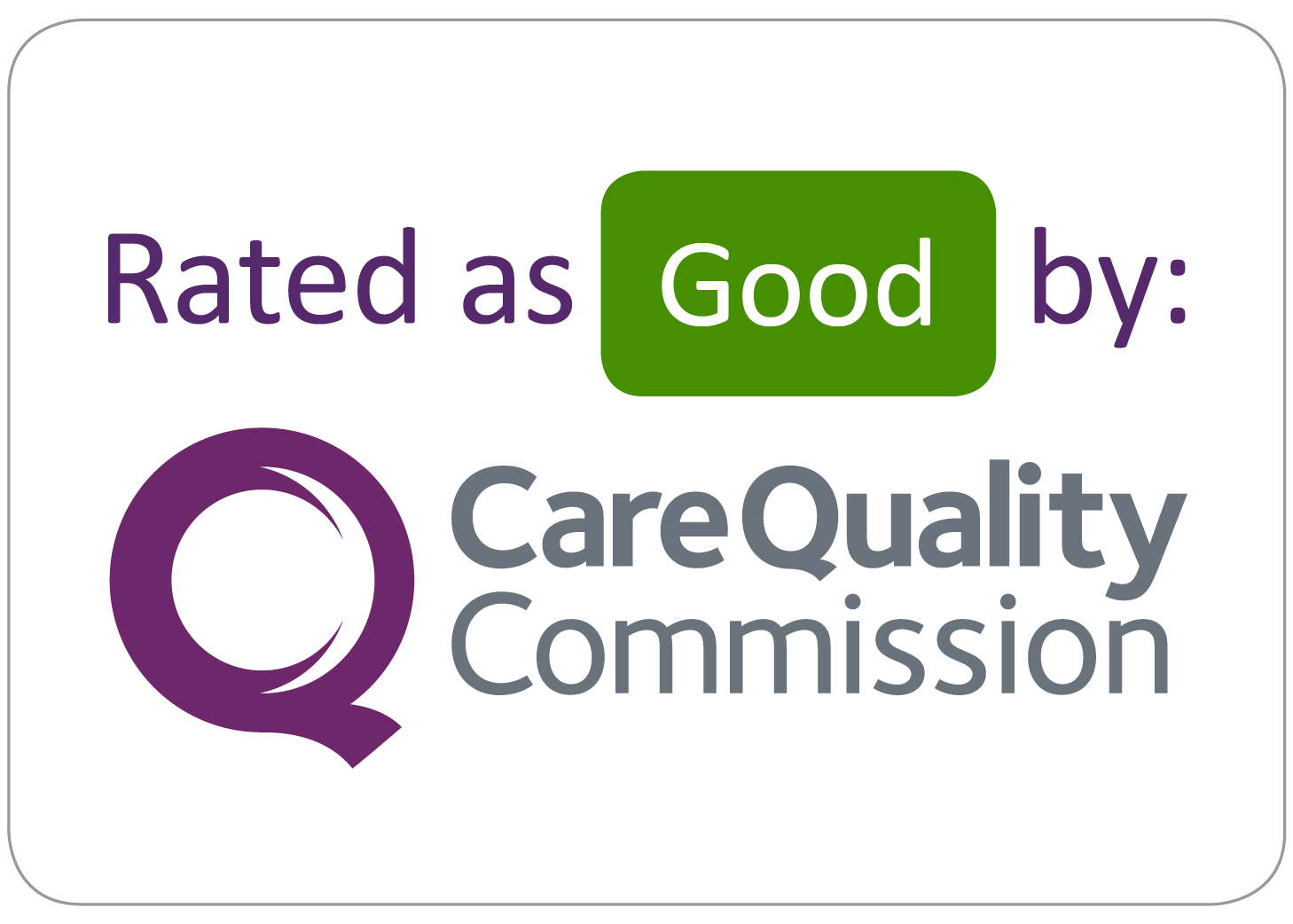HCC Surveillance Patient Information
What is hepatocellular carcinoma (HCC) surveillance?

If you are suitable for the HCC surveillance programme, we will regularly check your liver to look for any early signs of liver cancer.
This involves:
- An ultrasound scan of your liver
- Specialist blood tests
You will have these tests every six months. In addition, you will be invited to a clinic appointment once a year. At this appointment, we will:
- Review your test results
- Check your medications
- Talk about any lifestyle changes that could help slow down liver disease
Our aim is to monitor your liver health closely and support you in reducing risks wherever possible.
Liver cancer is more common in people who have serious liver damage, but finding it early means it can often be cured. Doctors use regular checks called surveillance to help find cancer early.
This video from the British Liver Trust shows the importance of regular liver scans to check for liver cancer.
Frequently Asked Questions
Why have I been offered liver cancer checks?
Your doctor or nurse has suggested regular checks called surveillance to look for liver cancer early. This is usually offered to people who have:
Cirrhosis (scarring of the liver), or
Liver damage from long-term conditions that increase the risk of a type of liver cancer called hepatocellular carcinoma (HCC).
Liver cancer often doesn’t cause symptoms at first. These checks help us find any changes early—when treatment works best.
What is surveillance?
Surveillance means:
An ultrasound scan of your liver every 6 months
A blood test (often for a marker called AFP)
Regular clinic visits to talk about your liver health and results
What surveillance isn’t
It’s important to know:
The ultrasound does not show if your liver disease is getting better or worse
The blood test is not a cancer test on its own—it works best with the scan

What happens during the ultrasound scan?
- It takes about 15–30 minutes
- A small amount of gel is put on your tummy
- A handheld probe moves over your skin to take pictures of your liver
- It’s painless, safe, and done while you’re awake
- You may need to fast (not eat) before the scan. If you have diabetes, tell your team so they can advise you.
What is the blood test for?

The AFP blood test can sometimes be higher in people with liver cancer. But:
Some people with cancer have normal AFP
Some people without cancer have raised AFP for other reasons
So AFP is used with the scan, not on its own.
How long will I have these checks?
Usually every 6 months, as long as:
Your liver condition is stable
You’re well enough for treatment if needed
You keep coming to appointments
Your doctor or nurse will review this with you. If there’s a reason to stop such as other health changes or your choice they’ll discuss it with you.
What if my scan or blood test is abnormal?
If something looks unusual:
- Your doctor or nurse will contact you
- You may need more tests, like a CT or MRI scan
- Your case might be discussed in a specialist meeting
Not all abnormal results mean cancer extra tests often rule it out.
Do I have to take part?
No. It’s your choice. You can start or stop at any time. Your care team will support you either way. Talk to your nurse or doctor if you have any concerns.
Further Information about your liver condition
For further Information about your liver condition: British Liver Trust website: https://britishlivertrust.org.uk/information-and-support/ 0800 652 7330 (10am to 3pm, Monday to Friday

















